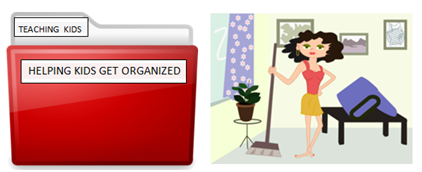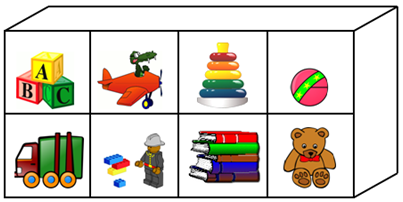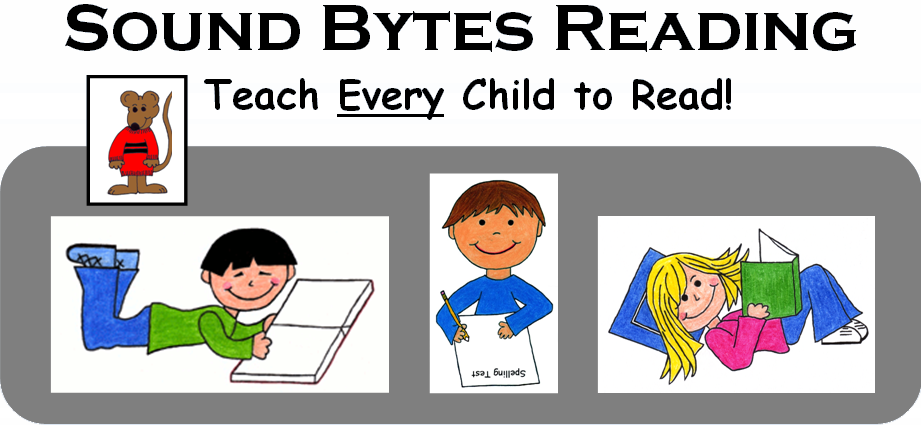Preparing to Learn—Helping Children Get Organized

Why is it important to teach children to be organized? Does it really matter whether children know how to organize their belongings? How does being organized help kids in school?
Children who are organized do not waste time looking for things. They spend less time doing schoolwork because they can find all the supplies they need and get started on projects right away. Staying organized makes cleaning up easier.
Children who haven’t learned how to organize their things often do not do as well in school. For example, the teacher gives an assignment, but your child’s pencil is somewhere near the bottom of a backpack filled with papers, books, snacks and other paraphernalia. It takes several minutes just to find the pencil. She begins her work, but she doesn’t have enough time to finish, so she takes it home in that messy backpack where it gets lost and she forget all about it. The work doesn’t get finished, and she end up with a zero on the assignment. It happens to disorganized kids all the time.
Solution—Teach your child to keep an organized notebook in her backpack with a pencil pouch in it and a section for each class. Teach her to put papers in the appropriate section. Keep a separate pouch or pocket in the backpack for snacks. Clean the backpack out every evening. Sounds simple enough, yet many kids don’t do it. Why not? They haven’t been taught how to organize and they haven’t practiced keeping their pack neat and clean every day so that it becomes a habit.
It works the same way with children’s rooms. Messy rooms take a long time to clean up and it’s hard to find things in them. Children will enjoy their space more if it is neat and tidy and well organized.

Open cubes work very well for keeping things organized. An inexpensive bookcase (short enough so clothing can be hung on the rod above it) located inside a closet makes it easy to keep shoes, jeans, games, and other items neat and easy to locate. Even if you have very little money you can find boxes with lids, put labels on them, and stack them in the closet or on a shelf so children can find things easily.
An extra dresser or chest of drawers can provide excellent storage for toys, games, and art supplies. Use shoe boxes without lids inside the drawers.
Under-bed boxes are especially convenient because they are flat. You can see everything in them even when you are only minimally organized, and they slide under the bed where you can’t see them. They work great for toys with a lot of little pieces like Legos and they can easily be taken to another room to play with.
If a bedroom is very messy it is overwhelming for a child to clean it up. Help your child clean his room. Donate everything he does not need or use. After you help him to get organized, require him to spend a few minutes in his room every day picking up everything that is out of place so that it becomes a habit. Set a time for cleanup. Stay in the room while he cleans and talk him through it, “Put the truck on the shelf. Now, put your blocks in the box and put it on the shelf. ”
If children drop clothing on the floor, teach them to hang things up. Taking the time to teach children to put things back where they belong may seem tedious when you are first teaching it—but both you and your children will be very glad you taught them how to do this when they are older.
This summer is a great time to teach your children how to get and stay organized.
